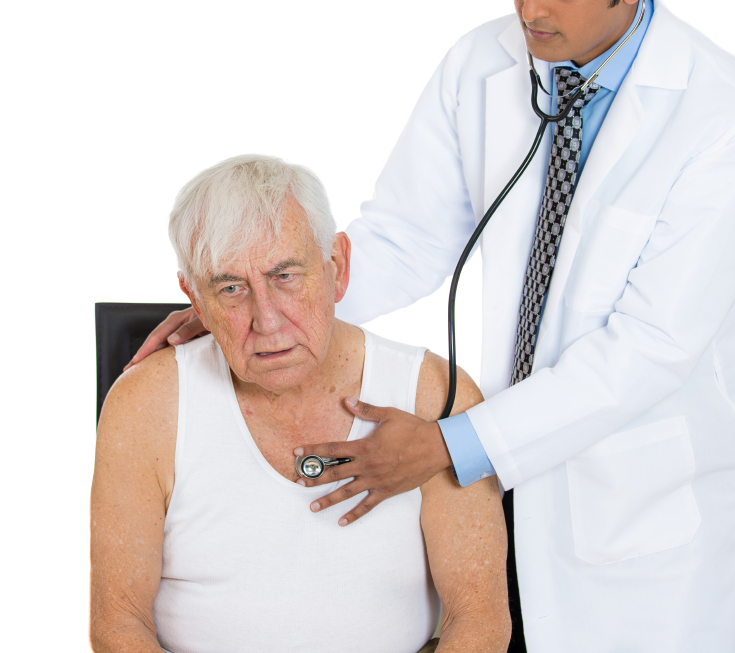Adults over the age of 50 made up nearly 17 per cent of the new cases of HIV diagnosed in the United States in 2014, according to the Centers for Disease Control and Prevention. And a recent study in New York found that older adults (50 plus) accounted for roughly one of five newly diagnosed patients. However, HIV is often the last thing doctors test for in older people exhibiting symptoms associated with the disease.
The Washington Post reports that more than 700,000 of the 1.1 million people living with HIV in the United States are undiagnosed or not receiving care. Diagnosing and treating these people could have a tremendous impact in reducing transmission of the virus. In fact, the CDC goes as far as stating that proper diagnosis and treatment could cut HIV transmission rates by more than 90 per cent.
As the aging population continues to live longer, seniors are often outliving a spouse or life partner and sexual activity with more than one partner is becoming increasing common in old age. Drugs like Viagara have also allowed for a longer active sex life and while men and women of a certain age may no longer be concerned with unwanted pregnancy, they are often unfamiliar with the other risks associated with unprotected sex. Combine these factors with like-minded seniors living in close proximity such as retirement communities and you may have a “swinging seniors” scenario emerging. But many older adults have no idea that sexually transmitted diseases are something they need to worry about.
Seniors may have a weaker immune system and those living with HIV can be at increased risk for stroke and heart attack. But with earlier diagnosis and careful treatment, HIV does not have to be a death sentence and many seniors can continue to live active and meaningful lives.
Education is the first line of defense in protecting sexually active seniors from contracting STDs. ACRIA, a non-profit AIDS research, HIV prevention and education center has launched a campaign directed at teaching older adults about how to value and protect their sexual health. To read more about Age is Not A Condom visit: http://ageisnotacondom.org/EN/?page_id=17 .






Add Your Voice
0 Comments
Join the Discussion